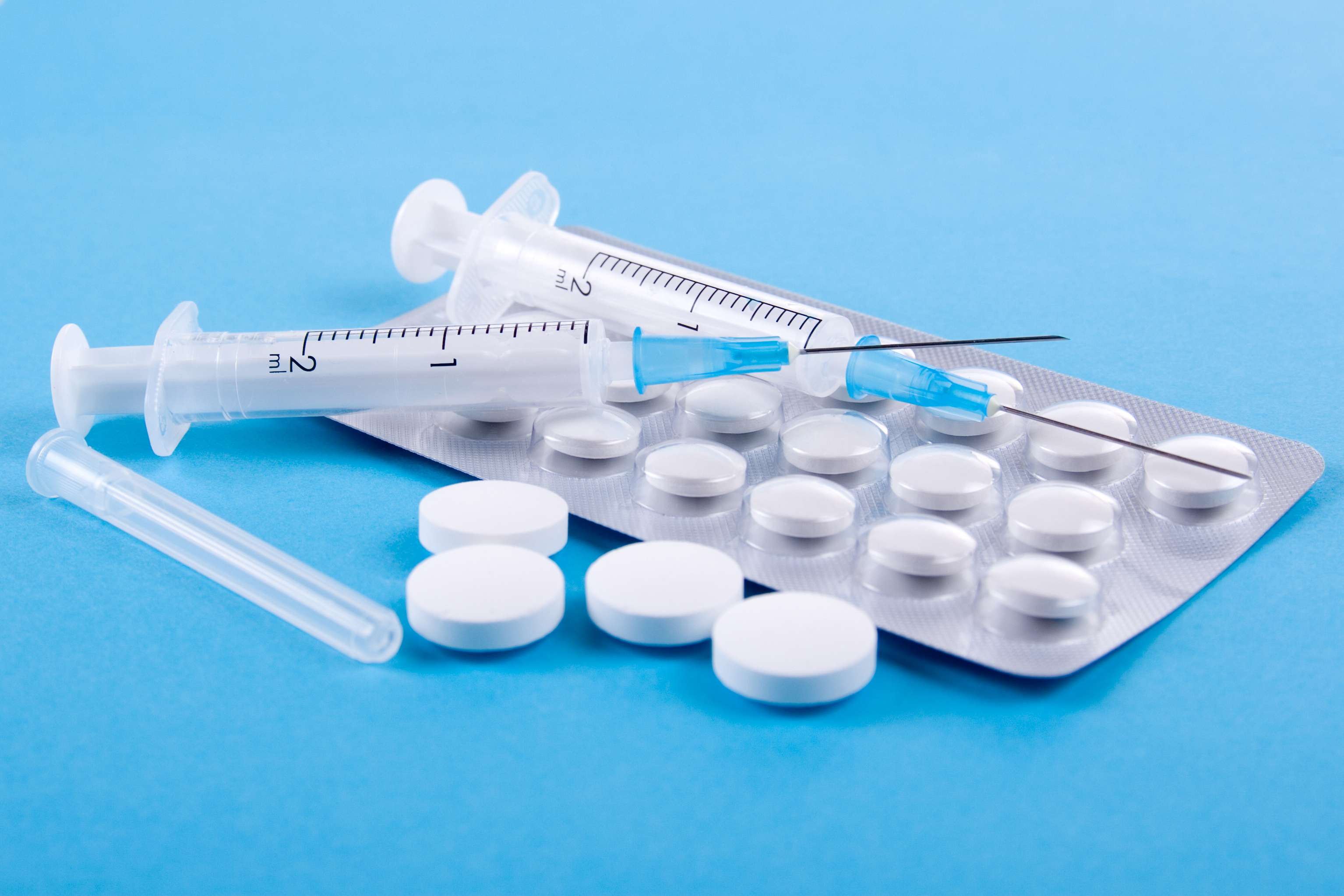
The White House launched a new initiative on Thursday to address the country’s opioid crisis — a dashboard tracking non-fatal opioid overdoses. The new tool is meant to track overdose clusters to inform better medical responses and preparedness.
This is the first time the U.S. will be able to see real-time data on non-fatal opioid overdoses on a national level, said Justin Yang, the medical director at Quit Genius, a virtual clinic for substance use treatment.

Behavioral Health, Interoperability and eConsent: Meeting the Demands of CMS Final Rule Compliance
In a webinar on April 16 at 1pm ET, Aneesh Chopra will moderate a discussion with executives from DocuSign, Velatura, and behavioral health providers on eConsent, health information exchange and compliance with the CMS Final Rule on interoperability.
“I hope this creates an opportunity for us as a society to initiate dialogues and discussions on opioid use and overdose,” he said. “I also think it will help policymakers and clinicians address the opioid pandemic with a precision-based approach and allocate overdose prevention resources to hardest hit counties — for example, creating regional overdose education campaigns, distributing Narcan and establishing more addiction care access points.”
The new tracker is promising on a national, regional and individual level, Yang pointed out.
Lawmakers now have a comprehensive view of data on a national level, which allows them to analyze opioid overdoses across the nation and create tailored approaches to prevention and treatment with geographic emphasis. On a regional level, the dashboard provides an opportunity for state and county officials to compare statistics and improve access to harm reduction programs in areas with high overdose rates, Yang said.
As for the individual level, Yang believes the tracker can help EMS services provide brief intervention to people who recently survived opioid overdoses. EMS services can reach out with social support services, such as pointing survivors to a Suboxone bridge clinic to start medication-assisted treatment.

A Deep-dive Into Specialty Pharma
A specialty drug is a class of prescription medications used to treat complex, chronic or rare medical conditions. Although this classification was originally intended to define the treatment of rare, also termed “orphan” diseases, affecting fewer than 200,000 people in the US, more recently, specialty drugs have emerged as the cornerstone of treatment for chronic and complex diseases such as cancer, autoimmune conditions, diabetes, hepatitis C, and HIV/AIDS.
The dashboard may represent a move toward a more harm reduction-focused approach to addressing the nationwide opioid epidemic, Yang declared.
Harm reduction seeks to reduce negative consequences associated with opioid use and overdose. Yang said the Biden administration’s new initiative is “no doubt a positive step in the right direction” because a significant portion of harm reduction efforts are focused on overdose prevention.
“Change and recovery from opioid use can only happen if the person is alive,” he said. “Let’s face the truth — illicit opioids and synthetic fentanyl will find a way to the streets, no matter how hard our law enforcement tries to curtail illegal activities. A harm reduction approach to those suffering from addiction, instead of a pure prohibition and zero tolerance method, has shown in studies and real-world data to yield the best result for the opioid crisis.”
While the dashboard is a positive development in overdose prevention, there’s still a long way to go. The nation is starting to get serious about preventing overdose deaths, but it hasn’t done as much to address the road to recovery and relapse prevention, Yang pointed out.
To him, there are three major pillars to the successful opioid recovery: medication-assisted treatment, cognitive behavioral therapy and social support.
“First and foremost, we need to break down all the barriers to receiving substance use disorder care and treatment,” Yang said. “Just like any other chronic medical disease, long term, continuous care with medication-assisted treatment such as Suboxone or methadone is crucial in recovery and relapse prevention.”
Nearly two-third of the country’s rural counties lack a Suboxone provider, and one-third of rural Americans live in a county with zero access to a Suboxone clinic, according to Yang.
Improving access to mental and behavioral healthcare is another important change the nation needs in order to get its opioid crisis under control. Engagement with counselors and support groups such as Narcotics Anonymous is key to long-term recovery, Yang declared. By addressing underlying mental and behavioral health conditions, patients can feel more empowered to make the changes they need to recover, he said.
Social support also can’t be forgotten. Yang pointed out that the majority of people struggling with opioid use are at low points in their life, often battling tough financial and personal issues.
“Many of them are estranged from their family and may even experience homelessness,” he said. “Reducing societal stigma and providing more social support for people recovering from opioid use will further stabilize them during recovery.”
Photo: Stuart Ritchie, Getty Images












